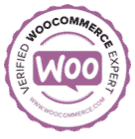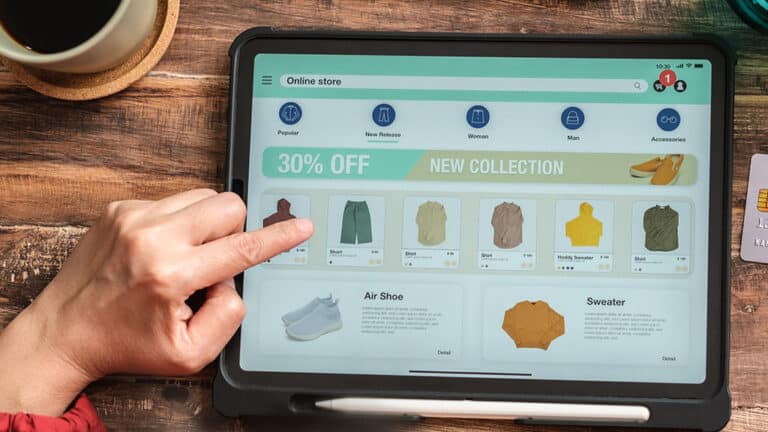How to Reduce Costs While Increasing Profitability
People will dedicate hours upon hours of their lives thinking on one thing: How to make more money.
So, as the owner of an online store, it’s obvious you’re always thinking about actions that generate profits. We know that the numbers are important, but sometimes we become obsessed with them.
The truth is that your business is only as successful as your numbers (profit margins) indicate. Almost everything else is noise.
Remember, no matter how much you have to do, if it’s not generating revenue, it is not worth the time. With that mantra in mind, we share three strategies that are effective and intuitive if you’re looking to improve the profitability of your business.
Increase your prices
Increasing the prices of your products is usually scary. As entrepreneurs, we assume that customers will abandon us to see the increase in these prices so that sales will decline and our business will fail. This can very well happen if you’re not careful. But this makes us dramatize and exaggerate the consequences and underestimate the benefits. If you are selling a product, a small increase in price can work miracles in your business without significantly decreasing your amount of customers.
Let’s say that you have a product that you’re selling at retail for $90.
The wholesale cost of the product is $70.
You will have a profit of $20 after costs (assuming you don’t have other associated product costs).
Let’s say that you increase the price by 10%. This means that you sell the product for $99.
It’s a small increase that can yield larger profits.
Assuming you have a strong and unique proposal of sale-and you’re not worried about the competition- your conversion rates will still be positive and you will have achieved a large increase total earnings. But this is something that you’re going to have to test. Let’s say that you experience a 20% drop in sales when you increase your prices by 10%– in this case, the increment is not worth it, as your profit will decrease from where it was before. But if you can find the sweet spot without losing a significant amount of customers, it can be very much worth it. If you want to increase prices, it’s best to start small. Steep pricing increases are almost never met fondly.
If you have a large catalog and are testing the pricing on thousands of products, it can be a difficult task, so I recommend starting with your best sellers and popular products.
Don’t Obsess Over the Money You Make On Every Order
Many companies are not willing to lose money on an order, even if it means having an unhappy or dissatisfied customer.
This is a terrible way to do business in a highly social world. Because, in reality, you may be losing money in the short term, but you may be gaining more loyal customers, which can increase your profits in the long run.
If there’s a problem, solve it. Even if that means that you have to issue a refund. Customers are used to poor service, so it’s your job to go the extra mile and provide exceptional service. Apart from the value that you’ll give the customer, you will receive organic referrals that are impossible to buy.
Putting your customers first is a low-cost way to grow your profits in the long-term.
A low-cost product is damaged? Send a replacement product to the customer without requesting the return of the original item.
If an expensive item must be returned, send a replacement as soon as they are sent proof of dispatch of the original product, rather than waiting until the product arrives at your door.
If a customer is not happy with the purchase, proactively issue a total or partial reimbursement that will help offset the disappointment.
Serving customers in this way may cost a little more for your business, but in the long-term will generate incredible profits related to building a loyal customer base.
Trim the Fat
Analyze what costs are totally extraneous and cut them out.
One example could be phone-supported customer service.
This may seem like a direct contradiction to the last post, but it’s not. You should provide exceptional service, but that doesn’t mean you should dump plenty of resources into it if it’s unnecessary to do so.
For instance, some online stores offer phone support, which in many cases can be more costly, and even more, time-consuming, than online support. In this instance, if you can offer high-quality support without phone assistance, do so. This can help you reduce your and your team’s workload, and it may be less expensive. You should offer stellar email support in its place. And if a customer has a special need or issue, you should still be available by phone to solve that problem.
Perhaps you need full-time phone support. But I’m sure there are other costs that you have which can be dramatically reduced or cut out. Look for costs that do not really bring a true ROI for your business.
Conclusion
At the end of the day, you own your online store, and there are many ways that you can make more profit. Take a hard look at your business, see what tweaks can be made, and implement them to see if the changes work.
Are you ready to discuss your next ecommerce website with the leader in eCommerce website development and digital marketing? If so, contact Zen Agency today! We are a group of WooCommerce Experts.


















